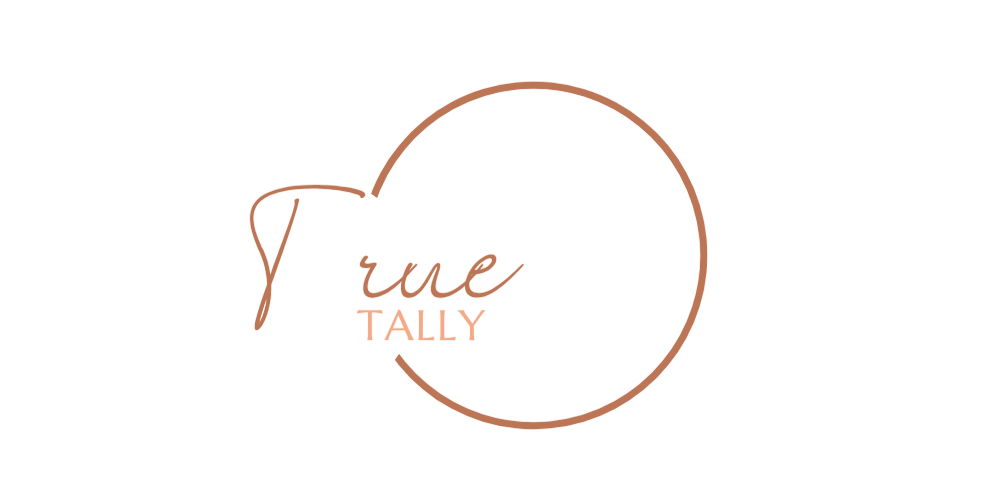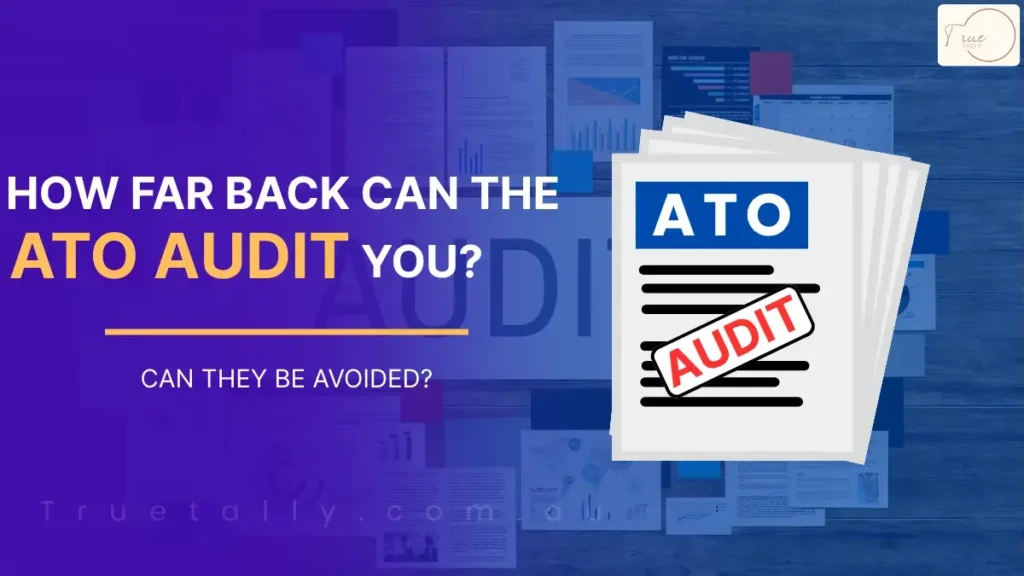Inaccurate payroll and bookkeeping are often a challenge for many businesses. From hiring new employees to handling daily tasks like managing expenses or paying vendors, companies are constantly looking for ways to save time by automating their workflows.
While some may be concerned about the initial cost, investing in the right software can be one of the smartest business decisions you can make!
With so many accounting software options available, choosing the one that best suits your business needs can be overwhelming. Cloud accounting offers benefits like easy accessibility and robust security, allowing you to work anytime, anywhere, while streamlining processes and increasing efficiency compared to traditional desktop programs.
When comparing QuickBooks Online with Xero and MYOB, each has strengths and weaknesses in payroll management, expense tracking, and other accounting functions.
In this article, we will explore the key differences between these three widely used accounting software solutions.
MYOB, Xero, And QuickBooks Overview
MYOB, Xero, or QuickBooks; Choosing the right accounting and finance compliance software largely depends on factors such as business type, location, and team size. These three leading solutions – MYOB, Xero, and QuickBooks – each offer unique features designed to meet different business needs.
MYOB:
MYOB is a well-established Australian brand known for its comprehensive compliance tools and reliable local support. It offers a variety of features to manage financial operations, including core accounting functions such as invoicing and expense tracking, advanced options such as payroll processing, and Australian tax compliance.
Xero:
Xero is a cloud-based accounting solution chosen by small and medium-sized businesses. It offers an interactive interface and multiple functionalities, including online invoicing, inventory monitoring, bank reconciliation, and payroll management.
QuickBooks:
Developed by Intuit, QuickBooks is a global cloud accounting platform recognized for its automation features and scalability. It offers a user-friendly dashboard, expense tracking, invoicing, and supports multiple currencies for international transactions.
In terms of online traction, Xero leads with 55.14% click share, followed by MYOB with 17.15% and QuickBooks with 8.03%. These figures highlight Xero’s strong position in Australia and its widespread use for accounting solutions.
MYOB vs Xero vs QuickBooks: Which Accounting Software Should You Choose?
Choosing the right accounting software depends on your business, industry size, and how much emphasis you place on compliance, automation, and user-friendliness.
1. Ease of Use And Automation
Australian SMEs should evaluate how easy the software is to use on a daily basis, how much automation it offers and how it integrates with other finance-related workflows.
MYOB
is best suited for accountants, bookkeepers and businesses that need advanced tax reporting tools. MYOB offers detailed financial controls and adaptive tax reporting options for businesses of any size, but has a steeper learning curve.
Xero
Ideal for digitally-focused SMEs, Xero is a cloud-based solution that ensures accurate financial records and fast audits. It works well for multiple users, allowing finance teams to collaborate in real time with automated billing and expense management.
QuickBooks
Great for SMEs in the retail, hospitality and service sectors that want scalability and automation. QuickBooks offers a simple interface, allowing users to efficiently manage accounting tasks while providing comprehensive product features.
Also Read: What Is The Tax Free Threshold in Australia: What You Should Know
2. Price Comparison And Cost-Effectiveness
It is important to understand the cost-effectiveness of this bookkeeping and finance platform. Comparing pricing models and potential hidden fees can help you decide which option is best for your business.
MYOB
- MYOB Solo: AUD 11/month
- MYOB Business: Starting at AUD 31/month
- MYOB Business Pro: AUD 63/month
- MYOB AccountWright: Starting at AUD 70.50/month
- MYOB AccountWright Plus: AUD 150/month
Xero
- Starter: AUD 35/month
- Standard: AUD 70/month
- Premium: AUD 90/month
- Premium 10: AUD 95/month
QuickBooks
- Easy Start: $29/month, suitable for sole traders and new businesses
- Essentials: $65/month, includes features like bill management
Key Features of MYOB vs Xero vs QuickBooks for Australian Tax Compliance
| Feature | MYOB | Xero | QuickBooks |
| ATO GST & BAS Reporting | Provides complete tools for calculating GST and preparing Business Activity Statements (BAS), enabling direct submission to the ATO. | Automates GST tracking and BAS preparation, allowing seamless lodgment to the ATO. | Helps manage GST and BAS reporting, offering features that simplify compliance with tax obligations. |
| Single Touch Payroll (STP) | Fully supports STP compliance, allowing real-time reporting of payroll details to the ATO. | Integrates STP functions, making it easy for businesses to report payroll information directly to the ATO. | Offers STP capabilities, enabling straightforward submission of employee payroll data to the ATO. |
| Superannuation Contributions | Handles superannuation calculations and payments, keeping businesses aligned with Australian superannuation regulations. | Automates superannuation tracking and contributions, ensuring businesses meet their superannuation obligations. | Provides superannuation management tools, helping businesses stay on top of their superannuation responsibilities. |
| Bank Feeds & Reconciliation | Delivers automatic bank feeds and reconciliation, simplifying transaction matching and record accuracy. | Provides live bank feeds and reconciliation tools, helping businesses maintain up-to-date financial records. | Offers bank feed integration and reconciliation features, supporting accurate and efficient record-keeping. |
| Invoice & Expense Tracking | Lets businesses track invoices and expenses efficiently, supporting precise financial reporting and compliance. | Simplifies invoice and expense management, promoting accurate financial tracking and reporting. | Provides tools to manage invoices and expenses, assisting businesses in keeping clear financial records. |
| Cloud-Based Access | Provides cloud access, allowing users to view and manage financial data from anywhere, improving collaboration. | Fully cloud-based platform that lets users access financial data anytime, anywhere, enhancing flexibility. | Uses cloud technology to grant access to financial information from multiple locations, supporting business agility. |
| Mobile App Support | Offers mobile apps, letting users manage finances and access data on the go. | Supports mobile applications, enabling remote management of financial tasks. | Includes mobile apps to help users oversee financial activities from mobile devices. |
Conclusion
MYOB, Xero, and QuickBooks all offer effective and user-friendly cloud accounting solutions. Each platform offers different features, and depending on your business size, required functionality, and budget, any of these options may be right for you.
However, Xero emerges as the ideal choice for most businesses. With unlimited user access, an intuitive interface, advanced automation tools, and a large plugin ecosystem, Xero offers a comprehensive solution. However, if your business is operating on a tight budget and only needs basic accounting functions, QuickBooks or MYOB may serve you well – but keep in mind that as your business expands, you may want to consider switching to Xero. For businesses planning to migrate from MYOB or QuickBooks, our team can help you easily set up Xero with minimal disruption.
Read Next: How to Use a Weekly Tax Table for Your Business (2025 Guide)



